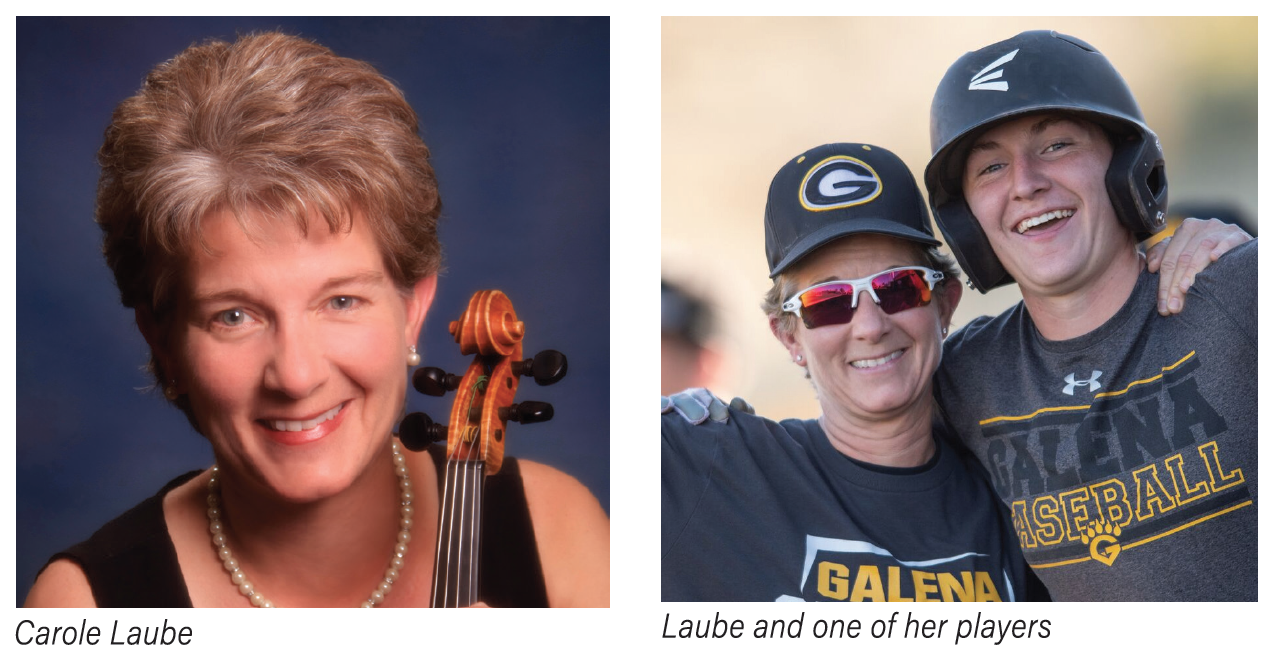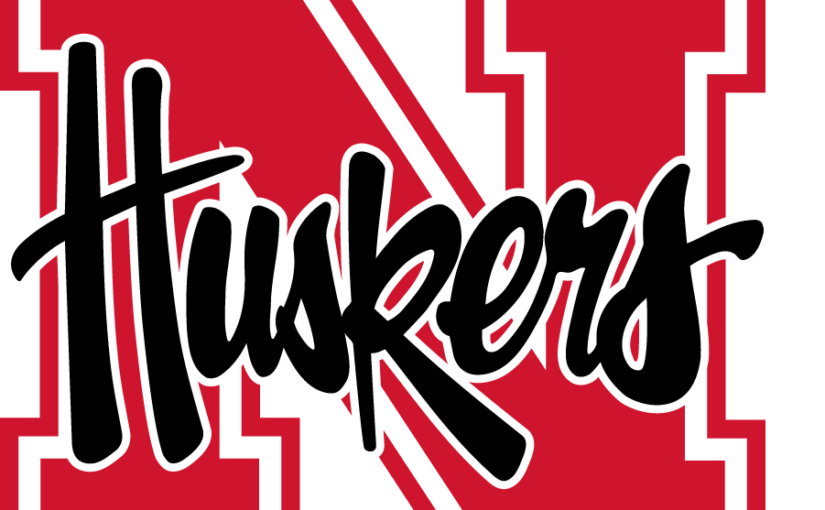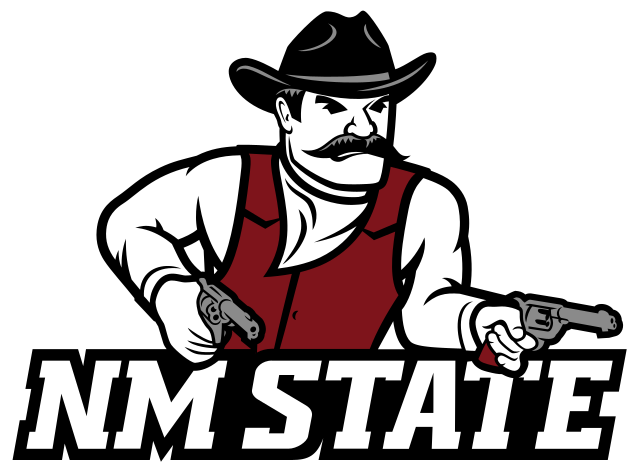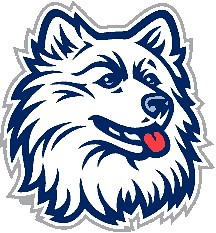Violin and Baseball: How One Musician Became a Coach
{Sponsored} What do coaching baseball and playing violin professionally have in common?As a career violinist, Carol Laube relied upon much more than virtuosity to gain and maintain her position as Associate Concertmaster with the Reno (NV) Philharmonic. Playing the violin requires physical stamina and whole-body health. She suffered a mysterious shoulder injury nearly 40 years after beginning her education and career as a violinist; as a result, Laube had to rethink her life.
She chose coaching as her next adventure.Laube found common strands between teaching violin and coaching baseball; for example both violin and baseball involve technique. “The awareness of body movement and individual strengths and weaknesses is really important, as are relationships with players and students. I’m learning about how kids learn and what motivates them now. It’s back and forth — finding things that go both ways. Physical, technical, personal, mental.”
As the child of a minor league baseball player, she has an innate understanding of the sport. Since she spent many years playing softball, fundamentals were easy to adapt to the pitch and ball with the aid of a personal coach. However, she believed making the case to switch from musician to coach wouldn’t be possible unless she completed education that would be equivalent to experience.
After searching for a program that would give her the foundation in coaching that she needs to change career paths, Laube found Ball State University’s master’s degree in athletic coaching education online program. The ability to continue working as a violin teacher, complete coursework on her own time, and especially the internship component won her over.
But what she got was much more than she expected. She got plenty of time from her professors. She was able to collaborate with colleagues in the program and work on new ideas and coaching strategies with them. “This program is for anyone who is looking to begin a coaching career or to enhance their coaching career. I had wonderful colleagues — bright, dedicated coaches,” Laube said.
On top what would be expected in a master’s in athletic coaching education program, Laube also learned skills such as marketing and administration and heard a variety of coaching viewpoints. She also received batting lessons to transition from hitting an underhand softball pitch to swinging at overhand throws. The most important lesson, though, was in discipline, said Laube, noting that learning in an online environment requires a great deal of self-reliance and self-motivation.
Laube graduated in July 2018 and is currently planning to continue working as a baseball coach at Galena (NV) High School while working to connect to a junior college and in the next five years, a D3 team.
To learn more about Ball State University’s Online Master’s in Athletic Coaching Education, visit bsu.edu/online/coaching/CAD.
© 2019 Ball State University







